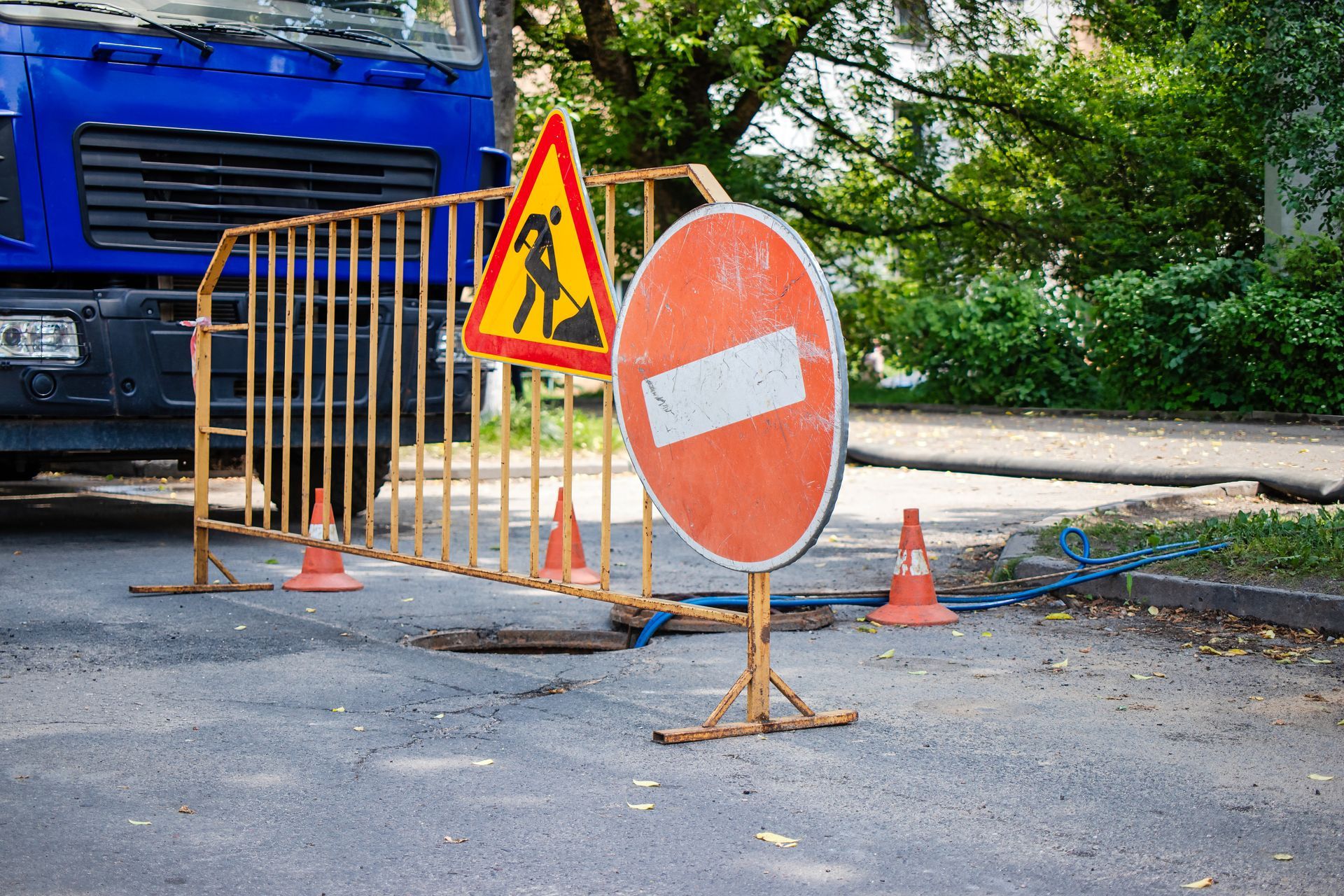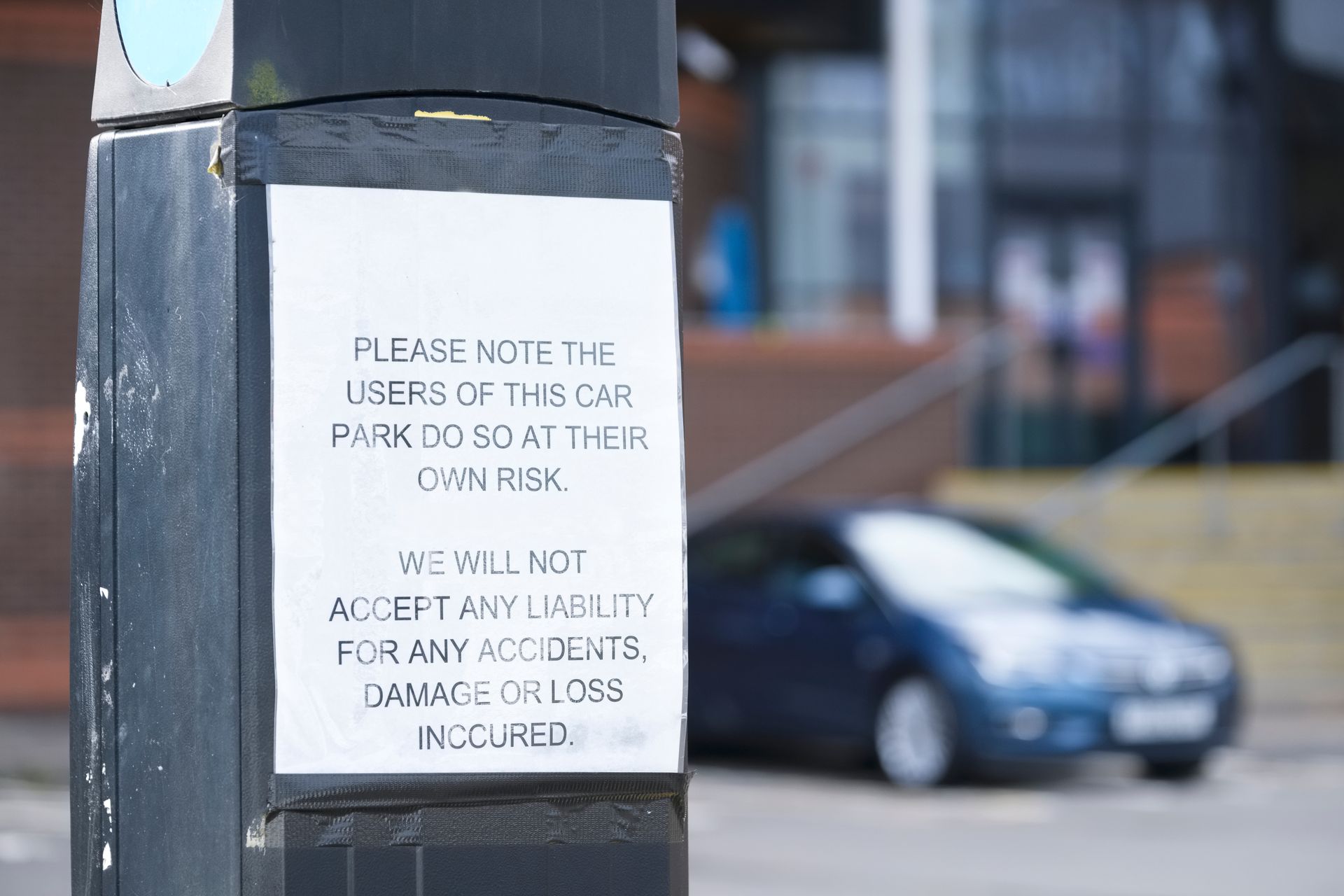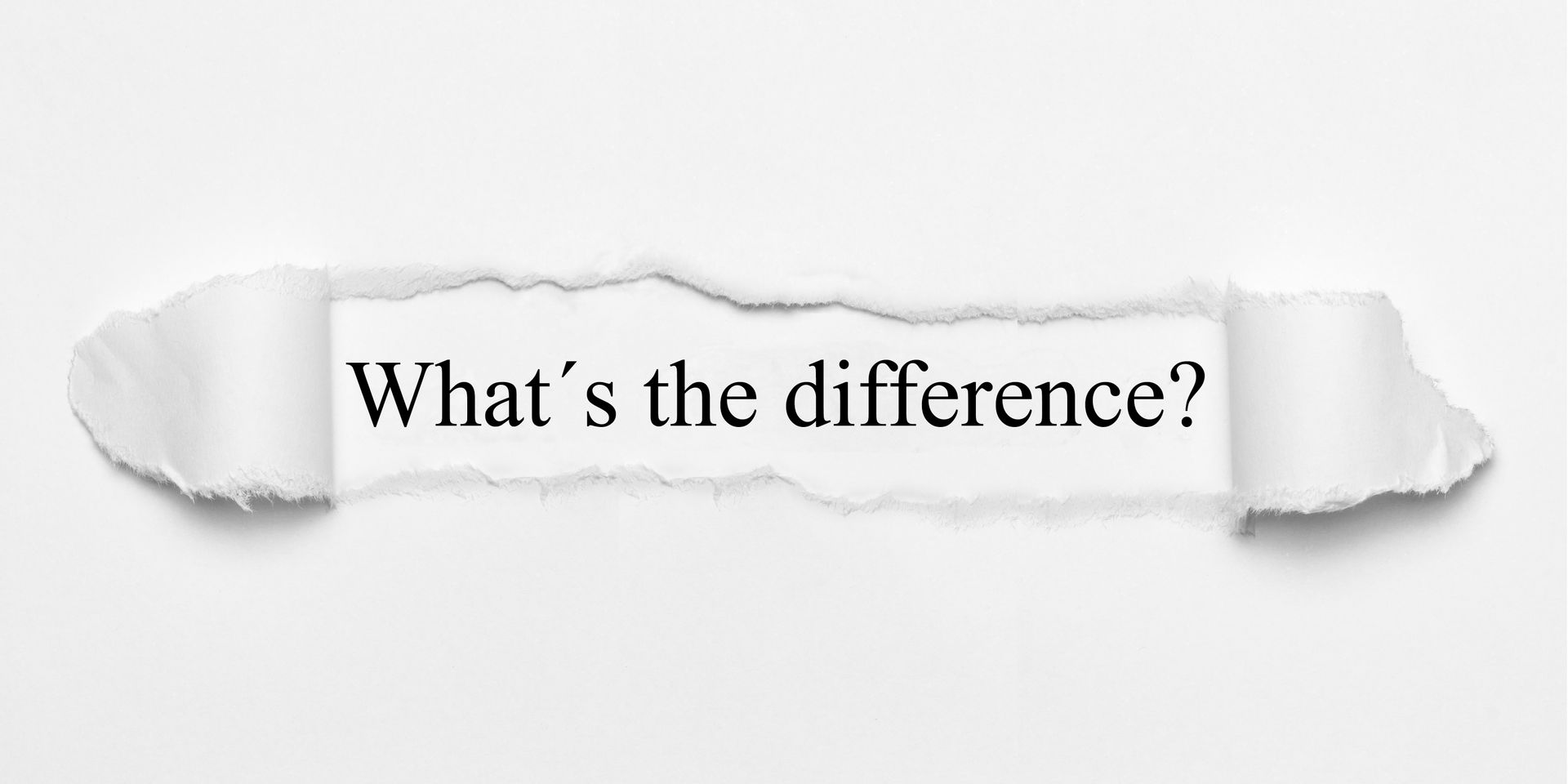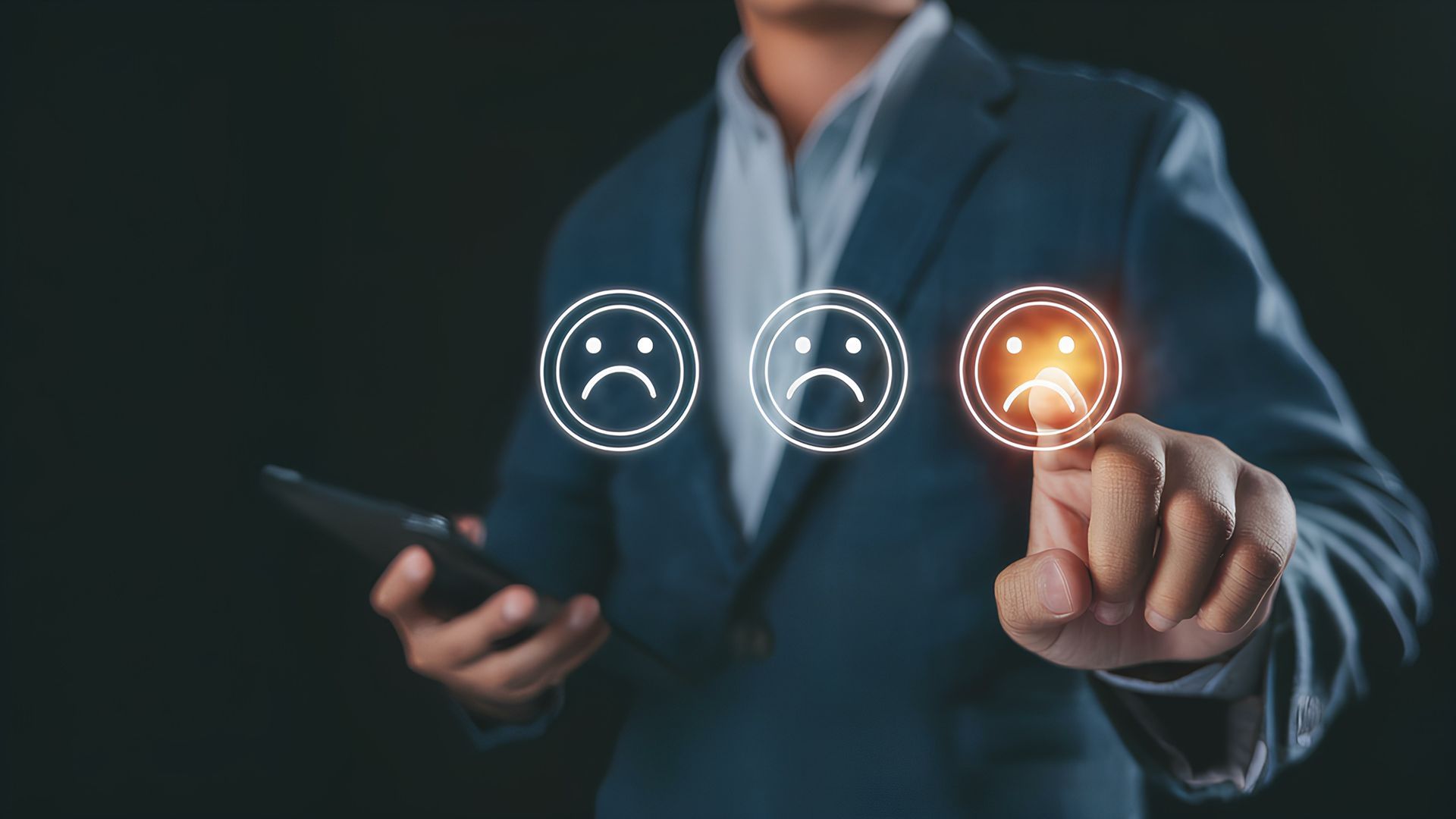Blog

When seeking legal representation for business litigation or personal injury defense, choosing the right attorney can be critical to the outcome of your case. Although plaintiff attorneys and liability defense lawyers deal with the same facts, their perspectives can be different. Attorneys who defend businesses against personal injury litigation also must maintain a different relationship with insurance companies, which often hire local defense attorneys to defend policyholders.
When considering defense lawyers for a personal injury case, you want to make sure that the attorney you’re considering has substantial experience handling cases like yours. These areas of law are complex and require a thorough understanding of nuanced legal principles, procedures and case strategies.
Assess Their Litigation Experience
When hiring an attorney for business liability defense, litigation experience is crucial. While many cases may settle before trial, you need an attorney who is not only skilled in negotiation but also confident and capable in the courtroom.
This can be especially important for businesses that may not be in complete agreement with their insurance company on how to proceed. There are scenarios where the insurance company may prefer the more expedient and potentially affordable route of settling with the plaintiff, while the business wants to fight the claim. Businesses may want to contact their own trial lawyer, so they have someone dedicated to representing their interests rather than just the insurance company’s interests.
In business litigation, cases often involve significant financial stakes or the potential for reputational harm, making it important that your attorney is comfortable with complex, high-stakes litigation. Ask the attorney about their courtroom experience and whether they have handled cases similar to yours that have gone to trial.
Evaluate Their Knowledge of Your Industry or Business
Business litigation often requires an understanding of the industry or market in which your company operates. If your case involves specialized knowledge, such as healthcare, construction or transportation, it is beneficial to hire an attorney who has represented government agencies, contractors or businesses that operate in your industry. They will have a better grasp of the regulatory landscape, industry safety standards and common business practices. An injury defense lawyer will also be familiar with defense strategies and relevant precedents and can explain potential challenges and opportunities.
For personal injury defense, particularly if you are a business owner, your attorney should understand the risks and liabilities common to your industry. They can help you highlight safety standards or practices that you’ve implemented that can be used to demonstrate the care you and your employees take to prevent the types of accidents that occurred, which might be vital for combating claims or establishing the plaintiff’s culpability in the accident.
Ask About Their Approach to Case Management and Strategy
Different attorneys approach litigation in different ways. Some may focus on early settlement strategies to avoid the time and expense of a lengthy court battle, while others may be more inclined to take cases to trial if they believe it will yield the best outcome. When hiring an attorney for general liability defense, ask about their approach to case management and strategy.
For business litigation, an attorney who can anticipate the opposing party’s moves and build a robust pretrial strategy can help you avoid costly missteps. In liability defense, an attorney who prioritizes strong pre-litigation tactics can potentially mitigate damages or even prevent a lawsuit altogether.
Know Their Communication Style and Availability
Effective communication between you and your attorney is essential. During business litigation or personal injury defense cases, legal complexities can arise quickly, and you need an attorney who is available to answer your questions and provide updates. Ask potential attorneys how they communicate with clients and how often you can expect to hear from them about the progress of your case.
Additionally, it’s important to gauge whether the attorney is hands-on or if most communication will be handled by their support staff. Some clients prefer direct access to their attorney at all times, while others are comfortable working through paralegals or associates. Make sure the attorney’s communication style aligns with your preferences and expectations.
Discuss Their Fees and Billing Practices
Business litigation and personal injury defense cases can be expensive, so it’s important to discuss fees and billing practices upfront. For general liability litigation, most attorneys will charge hourly, but it’s important to understand how their fee structure works, including any retainer requirements and how frequently you will be billed.
Find an Experienced Atlanta Attorney for General Liability and Personal Injury Defense
The Law Office of Cameron Hawkins has extensive experience handling general liability defense for insurance companies, special districts in Atlanta and many other businesses in Georgia. Contact us today at (678) 921-4225 and let us answer any questions you have about our qualifications and approach to defense.











